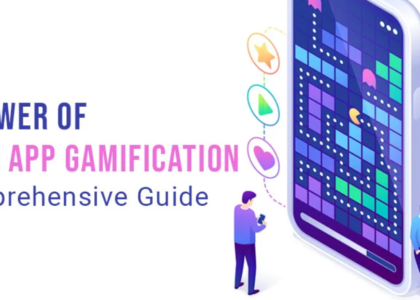Introduction
As the digital era continues to evolve, one technological advancement has stood out among the rest for its profound impact on industries around the world: Artificial Intelligence (AI). Among the myriad sectors it influences, digital marketing in Melbourne has undergone substantial shifts thanks to AI’s innovative capabilities. As companies adapt to the demands of the modern market, AI’s integration has opened doors to strategies that were once thought of as futuristic. Let’s dive into the transformative ways AI is redefining the digital marketing landscape.
The Rise of AI in Digital Marketing
Long before the days of modern AI, marketers primarily relied on broad, generalized campaigns hoping to attract large volumes of people. Fast forward to today, AI’s predictive analytics, automation capabilities, and data analysis have brought about precision marketing. Now, it’s possible to tailor campaigns to the individual, enhancing customer experiences and increasing ROI.
Personalized User Experiences
One of AI’s most celebrated contributions to digital marketing is personalization. Today’s consumers expect tailored experiences. From recommended songs on Spotify to suggested products on Amazon, AI analyzes users’ data and behavior to predict what they might like next.
Content Recommendations: Websites can now track a visitor’s behavior, analyzing which articles, videos, or products they’re interested in. Through AI, these sites can then suggest other content or products that the user might like.
Email Marketing: Gone are the days of sending the same email to the entire database. AI-driven tools can now segment email lists and tailor content to individual users, increasing open rates and conversions.
Enhanced Search Mechanisms
Search engines have come a long way from merely matching keywords. AI, particularly machine learning, plays a crucial role in modern search algorithms.
Semantic Search: Search engines, like Google, understand context. They can differentiate between the various meanings of a word and provide results based on the intent behind a search query.
Voice Search: With the rise of voice-activated assistants like Siri and Alexa, marketers are now optimizing for voice search, which tends to be more conversational and question-based.
Chatbots and Customer Service
AI-powered chatbots have revolutionized customer service online. They can answer questions, solve problems, and actively engage visitors 24/7.
Instant Response: Chatbots can handle multiple queries at once, providing instant responses, and thus, improving user experience.
Data Collection: Beyond assistance, chatbots can collect data from users, helping marketers understand their audience better.
Improved Advertising Strategies
AI’s deep learning capabilities are transforming online advertising, making it more efficient and effective.
Programmatic Advertising: This AI-driven approach automates the buying of ads, targeting users more precisely and at scale.
Predictive Analysis: By analyzing past behaviors and patterns, AI can predict which leads are most likely to convert into customers.
Visual Recognition and Social Media
Brands are harnessing AI’s visual recognition capabilities, especially on platforms like Instagram and Pinterest.
Image Recognition: Brands can now identify when their products are featured in photos, even if they’re not tagged, allowing for better engagement strategies.
Influencer Collaboration: By analyzing the content of potential influencers, brands can align themselves with the most suitable partners, ensuring genuine and effective collaboration.
Conclusion
The integration of Artificial Intelligence in digital marketing also used by Alliance Digital Marketing isn’t just a fleeting trend; it’s a paradigm shift. AI offers tools that allow for precision, efficiency, and personalization on a scale that was previously unimaginable. As technology continues to evolve, one thing is certain: the future of digital marketing lies in the hands of AI. Marketers and businesses should, therefore, adapt and harness its immense potential to stay ahead in this ever-evolving digital age.






